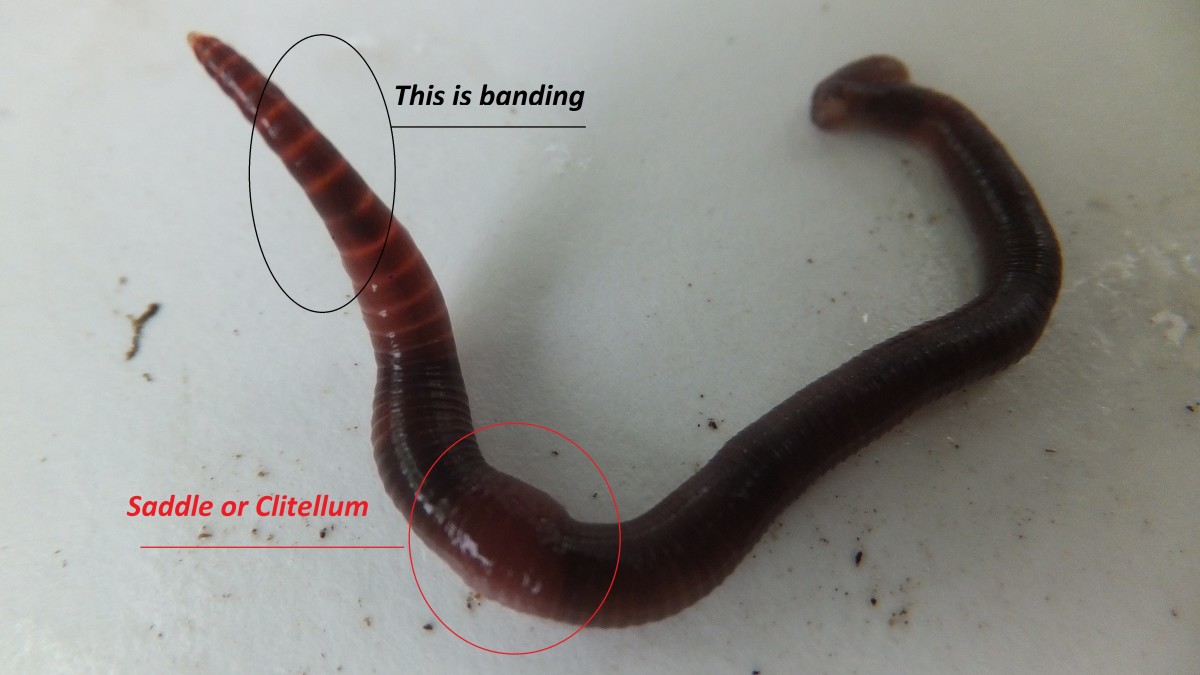Red Wiggler Worms - Enhance Your Soil Health And Wellness Normally
Red Wiggler Worms Demystified: Unlocking the Secrets of Vermiculture for Greener Living and Nutrient-Rich Dirt
In the realm of sustainable methods for enhancing dirt high quality and promoting eco-conscious living, red wiggler worms play an essential yet typically ignored function. Red Wiggler Worms. Understanding the complexities of caring for these worms, maximizing their setting, and harnessing their castings can lead to a greener lifestyle and healthier dirt for plants to thrive.
The Role of Red Wiggler Worms
Red Wiggler worms play a vital role in composting systems by effectively damaging down natural matter right into nutrient-rich castings. These starved eaters eat a range of natural products, such as kitchen area scraps, lawn waste, and paper products. As they feed, the worms' digestive procedures damage down the natural issue into a fine, dark, and nutrient-dense material referred to as worm castings or vermicompost.
The castings generated by Red Wiggler worms are highly valuable for soil health and wellness and plant development. They are rich in necessary nutrients like nitrogen, phosphorus, and potassium, which are important for sustaining healthy and balanced plant growth. Additionally, worm castings include useful microbes and enzymes that help enhance dirt framework, boost water retention, and enhance nutrient uptake by plants.
Benefits of Vermicomposting

It enhances dirt framework, improves dirt aeration, and enhances dirt wetness retention. Vermicompost likewise enhances the soil with necessary nutrients like phosphorus, nitrogen, and potassium, promoting plant development and total dirt fertility.
In addition, vermicomposting assistances lasting gardening practices by offering a chemical-free and all-natural alternative to synthetic fertilizers. Red Wiggler Worms. This eco-friendly approach not only enriches the soil however also assists reduce reliance on harmful chemicals, advertising a greener and more sustainable method of horticulture
Setting Up a Worm Container
When developing a worm container for vermicomposting, appropriate configuration is essential to make certain the success of the composting procedure. The very first action in establishing up a worm container is selecting an appropriate container.
After including the bed linens, present the red wiggler worms to the container. It is recommended to begin with a tiny number of worms and progressively raise as they increase. The worms ought to after that be read here given with food scraps such as fruit and vegetable peels, coffee premises, and eggshells. It is vital to avoid adding meat, milk, oily, or salted foods to stop bring in bugs and developing undesirable smells.
On a regular basis monitor the dampness degrees and temperature in the worm bin to ensure ideal problems for the worms. With correct configuration and upkeep, the worm container will effectively convert organic waste into nutrient-rich compost for your plants and yard.
Harvesting Worm Spreadings
To efficiently gather nutrient-rich worm castings from your vermicomposting system, a methodical harvesting approach is vital. There are a few vital steps to follow to make sure a successful procedure when it comes time to collect the worm castings. Stop adding fresh food scraps to one side of the worm bin for a pair of weeks prior to harvesting. This motivates the worms to move sideways with fresh bedding and food, making it less complicated to scoop out the castings from the opposite side.

Troubleshooting Common Issues
Determining and resolving usual obstacles that might develop during the vermicomposting process is important for maintaining a effective and healthy and balanced worm container. One typical problem that vermicomposters encounter is overfeeding. Adding excess food scraps can lead to an accumulation of moisture and level of acidity in the worm container, potentially harming the worms. To avoid this, feed the worms additional resources in small amounts, making sure that the food scraps are effectively broken down before including extra. One more issue is undesirable smells originating from the worm bin. Foul scents suggest anaerobic conditions, generally brought on by overwatering or inadequate air flow. To treat this, change the moisture degrees by adding completely dry bed linens materials like shredded paper or cardboard and boost aeration by transforming the bed linen consistently.
In addition, if the worm populace is decreasing or the worms show up undesirable, maybe due to ecological stressors such as extreme temperature levels or pH degrees. Monitoring these factors and making necessary changes is essential for the health of the worms. By fixing these usual problems promptly, vermicomposters can go to website make certain a smooth and successful vermicomposting procedure while preserving a prospering worm population.

Verdict
In verdict, red wiggler worms play an essential role in vermiculture by breaking down organic matter into nutrient-rich soil. Establishing up a worm container is necessary for successful vermiculture, and harvesting worm spreadings supplies useful compost for gardening.
As they feed, the worms' digestive procedures damage down the organic matter right into a penalty, dark, and nutrient-dense material understood as worm castings or vermicompost.
The castings created by Red Wiggler worms are very helpful for soil wellness and plant development. Including excess food scraps can lead to an accumulation of dampness and acidity in the worm container, potentially hurting the worms.Furthermore, if the worm populace is declining or the worms appear undesirable, it might be due to ecological stressors such as extreme temperature levels or pH degrees. Setting up a worm bin is important for successful vermiculture, and collecting worm castings offers useful compost for horticulture.